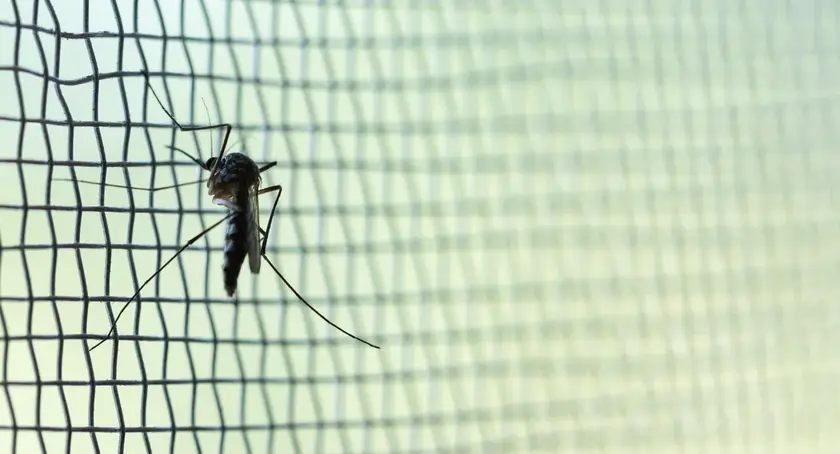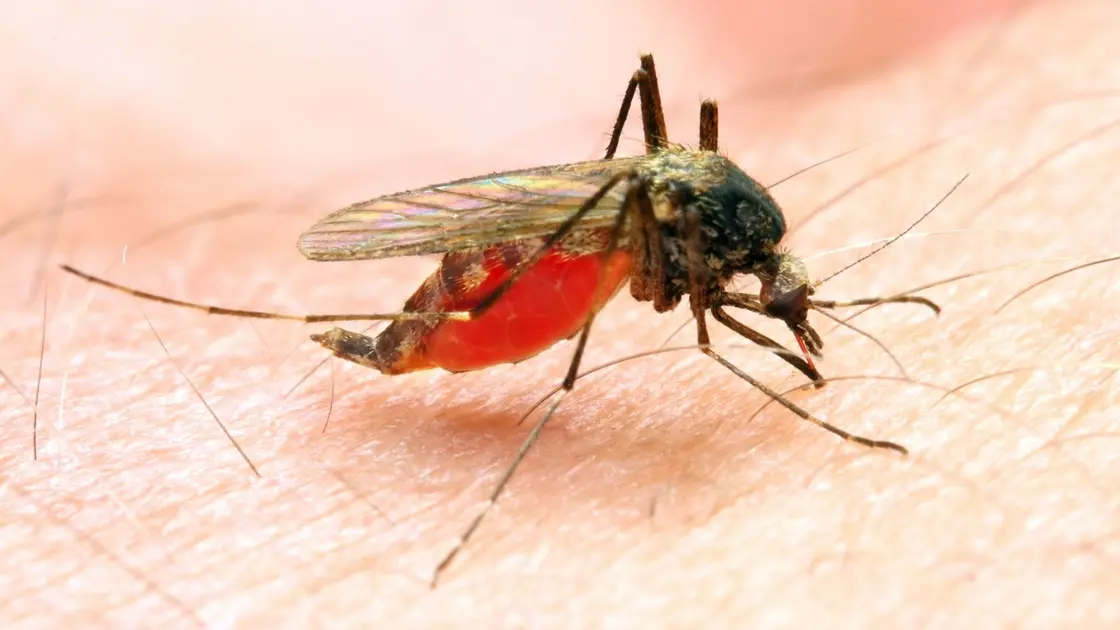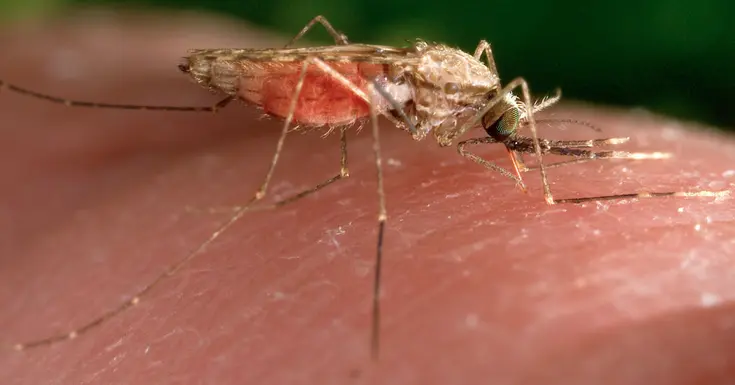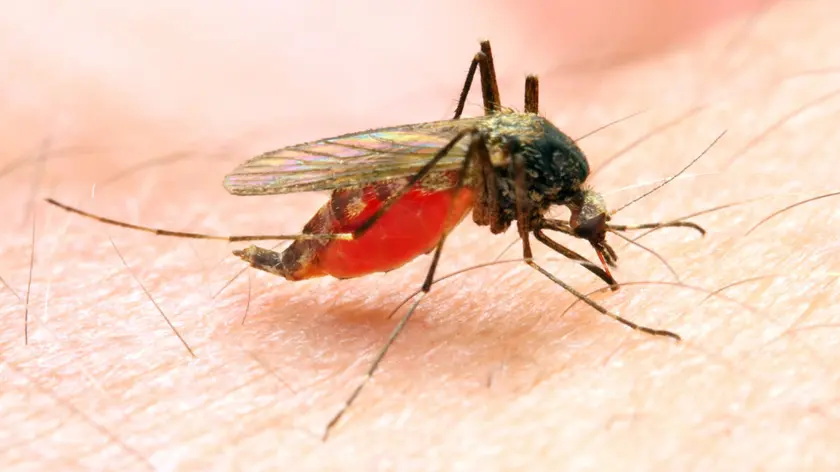T4K3.news
Malaria case under review in New Jersey
Health officials in Morris County are reviewing a reported malaria case with no travel history. Public guidance on prevention and symptoms is in effect.

Health officials in Morris County are examining a malaria case with no travel history.
New Jersey investigates possible locally acquired malaria
State health officials in Morris County are examining a malaria case in a resident with no international travel history. If confirmed, it would be the first locally acquired case in New Jersey since 1991. Officials say the immediate risk to the public remains low but urge people to prevent mosquito bites and seek quick diagnosis and treatment if symptoms appear. The state typically sees about 100 travel related malaria cases each year. Malaria spreads when a mosquito bites a traveler with malaria and then bites another person. Symptoms include fever, chills, headaches, fatigue, and stomach issues. Treatment with antimalarial drugs is most effective when started early.
Officials emphasize surveillance, vector control, and public guidance during the investigation. They note malaria is typically tropical and prevention focuses on repellents and protective clothing plus eliminating standing water. The World Health Organization reports 263 million malaria cases globally in 2023. In the United States the risk remains low but not zero. The case highlights the need for vigilance given changing climate and mosquito patterns.
Key Takeaways
"While risk to the general public is low, it’s important to take the necessary precautions to prevent locally acquired malaria in New Jersey."
Statement by acting state Health Commissioner Jeff Brown
"About 100 travel-associated malaria cases are reported annually in New Jersey."
Baseline statistic from the state health department
"Locally acquired cases typically occur when a mosquito bites a person infected with travel-associated malaria and then bites another person."
Transmission explanation from health officials
"Malaria can be cured with prescription antimalarial drugs, but it can be life-threatening if not diagnosed and treated quickly."
Clinical note for public awareness
This case tests the state’s readiness to detect and contain a potential local outbreak. If confirmed, the state would need to review vector surveillance hospital awareness and public communication to reassure residents while avoiding panic.
Travel health knowledge remains essential for residents who have not left the country. The incident may prompt more resources for vector control and better coordination across counties.
Highlights
- Local transmission would rewrite New Jersey malaria history
- Prevention means shielding amid mosquito season
- Public health must move fast on diagnosis and response
- Trust in local teams will be tested in weeks ahead
Possible local malaria case raises public health risk
If locally acquired transmission is confirmed, authorities will need to escalate vector control testing and public communication to prevent spread and avoid panic.
Ongoing testing and transparent updates will shape the response.
Enjoyed this? Let your friends know!
Related News

New malaria case investigated in New Jersey

New Jersey malaria case testing underway

New Jersey Investigates Possible Local Malaria Case

Doxycycline safety warning under renewed scrutiny

Kennedy cancels mRNA research

AI romance bot linked to death prompts safety review

Criminal trial postponed as defendant contests attorney's authority

ERASE MM funding at risk as deadline nears
